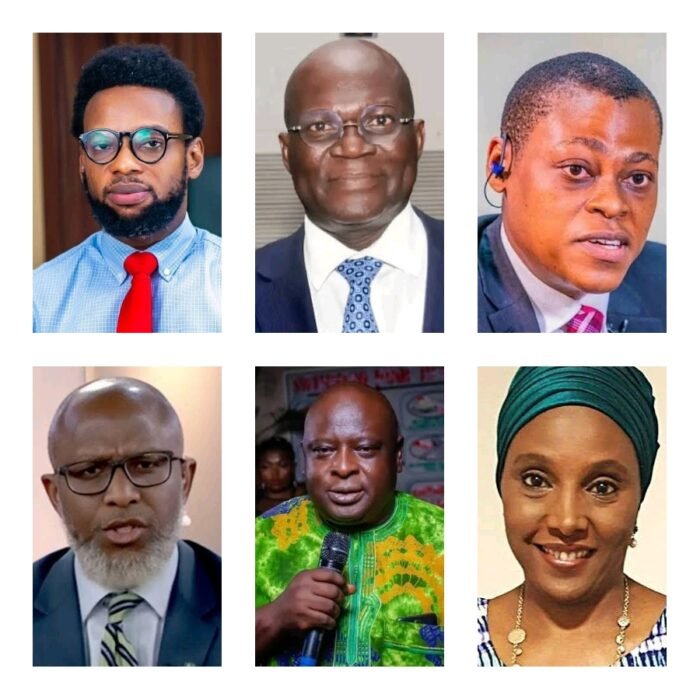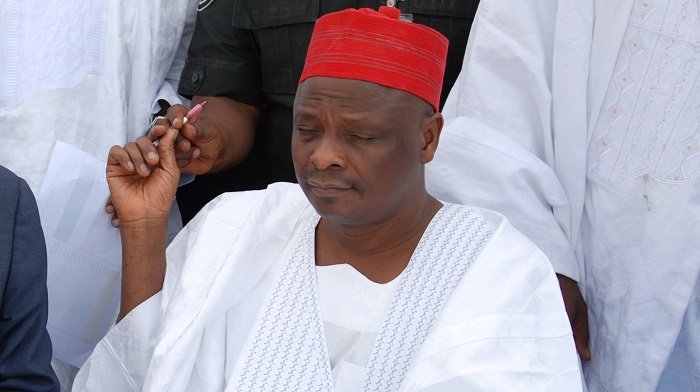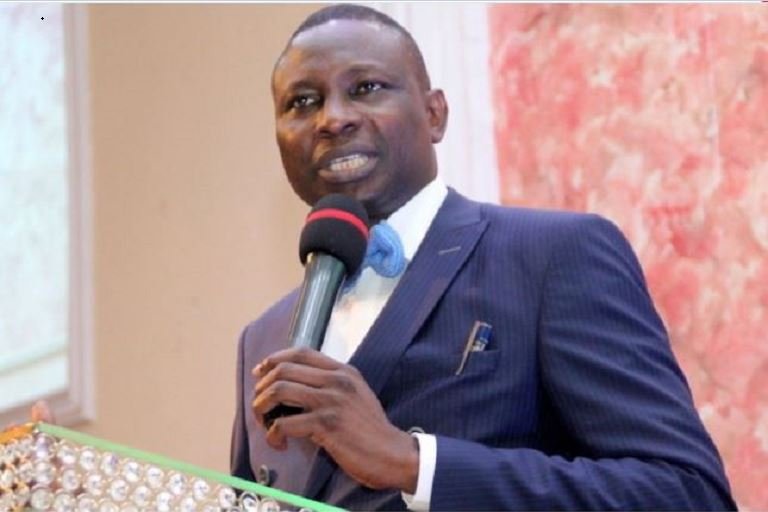By Olumide Awofesobi
With concerns that democracy in Nigeria is under assault, here are notable media professionals pushing back.
The proposition that journalism in Nigeria today has become more of a quid pro quo transaction is not entirely baseless.
Not a few Nigerian citizens view it as a trade-off, where access, favours, and loyalties frequently influence the truth.
In many ways, we have observed the inroads into media practices of such things as overbearing political influence, financial inducements, and institutional pressure, which are threatening the core values of journalism in the country.
Let us cite an example. A notable federal minister comes under attack regularly on a leading TV daily programme for good reasons. The socio-economic conditions in the country are painful. But then the minister is seen not too long after on the same programme answering questions. All of that would seem normal until information spills out that tens of millions of Naira have changed hands between the minister and the TV presenter.
There are other even more compelling examples in many other stations and broadcast platforms. It is perhaps a reflection of what has happened to the profession, just as it has happened to society at large.
So, for many, and in the eyes of the public, the press, once regarded as the watchdog of democracy, now barks selectively and rarely bites at all!
Yet, in the midst of this, a few journalists have courageously remained firm, choosing truth over comfort and public interest over proximity to power.
These individuals, although some have also come under criticism and ethical errors in the past, are nonetheless distinguishing themselves in the practice of journalism today, especially on leading TV stations.
Some of them are reminding Nigerians that integrity in the media is still possible. Their voices offer clarity in the noise, and their work gives hope to a generation searching for some truth and, more so, some direction.
Here are six of Nigeria’s currently most respected journalists who continue to hold the government accountable with objectivity, courage, and consistency:
Fisayo Soyombo

There is no other journalist today in Nigeria who is showcasing the depth of courage and investigative journalism like Fisayo.
Though largely outside the mainstream studio circuit, Fisayo’s work in investigative journalism is unrivalled and well affirmed digitally.
From infiltrating police cells to exposing corruption in public institutions, his bravery is redefining what it means to practice journalism in Nigeria today. His platform, Foundation for Investigative Journalism, continues to hold public and private sector agencies and firms accountable to their clients and the Nigerian people.
Recently, he went undercover on the issue of crude theft. It turns out that the people who were doing the bunkering and some of the security agencies knew each other. Such is the compelling work of Fisayo, and he is often brought on TV to narrate his very unique encounters exposing the rot in our systems.
Reuben Abati

Dr Abati, who presents much as a scholar, is a veteran journalist and was former presidential spokesperson to President Goodluck Jonathan. He is the leading anchor on Arise TV’s Morning Show, and he is known for his analysis and deep understanding of Nigerian politics.
While he ran into troubled waters in 2016 when he was arrested by the EFCC, he managed to escape prosecution and has now found his voice as an outspoken journalist, both on air and in print. Very few journalists can match Abati’s depth of understanding of Nigerian government and politics.
His daily commentary often calls out inconsistencies in governance while also challenging public assumptions. He is about the only TV journalist to have described President Bola Ahmed Tinubu’s suspension of the democratic structures in Rivers State as an impeachable offence.
Rufai Oseni

Co-host of Arise TV’s “The Morning Show,” Rufai Oseni has become a household name for his sharp, direct interviews and insistence on clarity from public figures. With a background in radio broadcasting, Rufai brings not only intelligence but also a fearless approach to political discourse.
He embodies the role of the media as the people’s voice. His critics, however, say he could be perceived as a partisan, while others point to his public spat with the police, where he infamously harassed the law enforcement agencies in a viral video, saying “I will call the Governor.”
Babajide Kolade-Otitoju

Babajide is the main figure on TVC’s “Journalists’ Hangout,” and he brings a wealth of investigative experience and historical context to the table. He’s one of the few journalists who blends insight with clarity, often drawing attention to overlooked dimensions of national issues.
His passion for facts and truth-telling has earned him a very loyal following, especially as he works in TVC, a television station believed to be owned by the incumbent president.
Recently, Otitoju and Rufai collided on the interpretation of Otitoju’s comments on the proclamation of a State of Emergency in Rivers State.
Laolu Akande

Laolu has lately become a respected voice in Nigerian media. His recent endeavour as Presidential Spokesperson to the former VP gives him the status of someone who straddles journalism and governance.
But indeed, his media profile as of 2015, when he took the spokesman’s job, shows that he had a number of significant and global-scale media interviews under his belt, including with current US President Joe Biden, Bill Gates, Kofi Annan, and former US President George W. Bush at the White House.
So, with his return to public commentary through his Channels TV show “Inside Sources With Laolu Akande,” he is demonstrating that objectivity and integrity can coexist with political experience. He uses his access and knowledge not for praise singing but for deep public interest advocacy and issues-based conversations on the future of Nigeria.
Kadaria Ahmed

Founder of Radio Now 95.3FM and one of the country’s most respected female journalists, Kadaria is known for her fearless moderation of political debates and commitment to investigative journalism. Her platform continues to ask difficult questions and highlight voices that hold power to account.
Kadaria is fearless, and among her many adventures was how she insisted that President Muhammadu Buhari should answer questions directly in the pre-election debates in 2019, when Buhari’s VP was seen to be edging on his principal.
These journalists remind us that even in difficult terrain, the ideals of journalism, truth, objectivity, and accountability, can still thrive.











